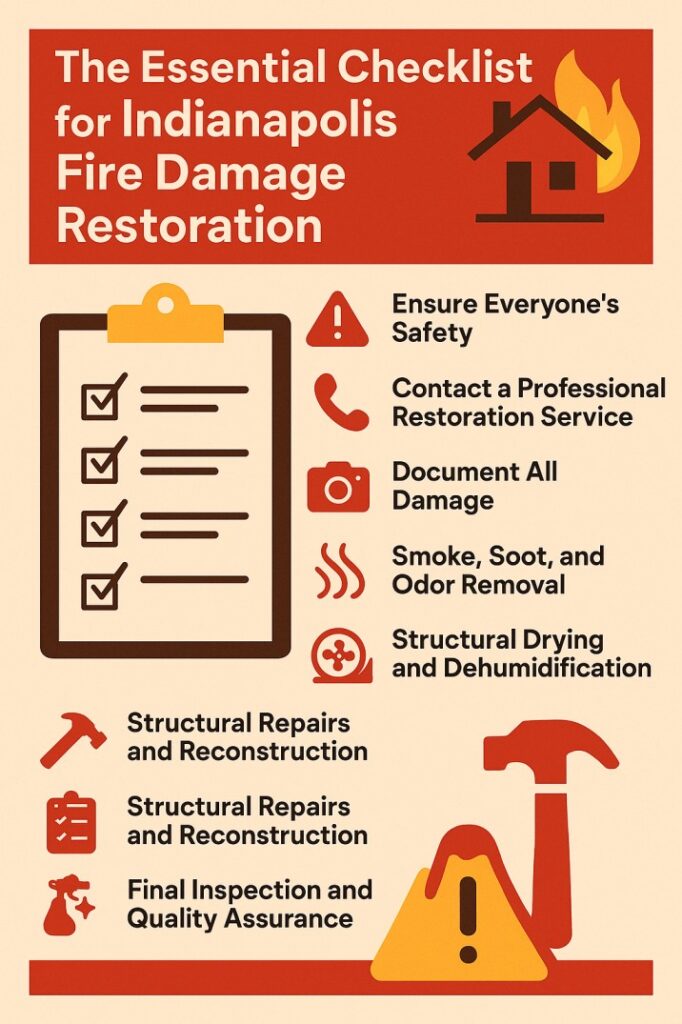In recent years, environmental cleanup efforts have garnered significant attention and support from various sectors of society. But what truly drives people to contribute to these vital initiatives? Understanding the motivations behind why people choose to donate to cleanup initiatives can offer valuable insights into how we can encourage more widespread participation and effective environmental stewardship.
The Role of Environmental Awareness
One of the primary motivators for contributing to cleanup efforts is heightened environmental awareness. As public knowledge about environmental issues and their impacts on our planet increases, more individuals and organizations feel compelled to act. Educational campaigns, documentaries, and media coverage play crucial roles in shaping this awareness. When people understand the dire consequences of pollution and waste, they are more likely to participate in activities aimed at reducing their environmental footprint.
Community Engagement and Social Responsibility
Community involvement and social responsibility also drive contributions to cleanup efforts. Many people are motivated by a sense of duty to their local communities. Cleanup activities, such as park cleanups and beach restorations, foster a sense of belonging and collective responsibility. When individuals see their neighbors and peers actively participating, they are often inspired to join in. Community-driven events create a shared purpose and reinforce the importance of working together to achieve common environmental goals.
Personal Values and Beliefs
Personal values and beliefs are significant factors that influence one’s commitment to environmental cleanup. For many, a deep-seated respect for nature and a desire to preserve it for future generations are powerful motivators. Individuals who prioritize sustainability and environmental protection are more likely to engage in activities that align with their values. This intrinsic motivation often leads to sustained involvement and advocacy for environmental causes.
The Impact of Incentives and Recognition
Incentives and recognition can also play a crucial role in motivating contributions to cleanup efforts. Tangible rewards, such as certificates, community service hours, or even financial incentives, can encourage participation. Additionally, public recognition for individual or group efforts can enhance motivation. Celebrating achievements and acknowledging contributions publicly not only boosts morale but also sets a positive example for others.
The Influence of Social Media and Technology
The rise of social media and digital technology has revolutionized how people engage with environmental issues. Platforms like Facebook, Twitter, and Instagram provide a space for sharing information, organizing events, and rallying support. Social media campaigns and online challenges can rapidly increase awareness and participation in cleanup efforts. Technology also enables more efficient coordination and tracking of cleanup activities, making it easier for individuals to contribute and see the impact of their efforts.
The Power of Collaboration
Collaboration between various stakeholders, including governments, non-profits, businesses, and individuals, is another key motivator for cleanup contributions. Partnerships and alliances enhance the effectiveness of cleanup initiatives by pooling resources, expertise, and networks. When organizations work together, they can tackle larger projects and achieve more significant results. Collaborative efforts often inspire individuals to contribute, knowing that their involvement is part of a larger, coordinated endeavor.
The Role of Leadership and Advocacy
Leadership and advocacy are also crucial in motivating contributions to cleanup efforts. Influential figures and organizations that champion environmental causes can inspire others to act. When leaders speak out about the importance of environmental conservation and model proactive behaviors, they set a powerful example. Advocacy groups that highlight environmental issues and mobilize communities can significantly increase participation in cleanup activities. Their efforts to engage the public and promote environmental action help galvanize support and drive collective action.
Educational Programs and Outreach
Educational programs and outreach initiatives play a vital role in fostering motivation for environmental cleanup. Schools, universities, and community organizations often run programs to educate people about the impacts of pollution and the importance of sustainable practices. These programs can inspire individuals from a young age to value environmental protection and take part in cleanup efforts. By providing knowledge and practical ways to contribute, educational initiatives empower people to make informed decisions and actively participate in environmental conservation.
The Emotional Impact of Cleanup Efforts
The emotional satisfaction derived from participating in cleanup efforts can also be a strong motivator. Many individuals report a sense of pride and accomplishment after contributing to a cleanup project. This emotional reward can reinforce their commitment to future efforts and encourage others to participate. The visible improvement in the environment resulting from cleanup activities often provides a tangible sense of achievement, enhancing personal satisfaction and motivating continued involvement.
Addressing Barriers to Participation
To increase contributions to cleanup efforts, it is essential to address potential barriers to participation. Factors such as lack of time, resources, or knowledge can deter individuals from getting involved. By providing support, resources, and clear information about how to participate, organizations can help overcome these barriers. Offering flexible volunteering opportunities, providing necessary equipment, and simplifying the process can make it easier for more people to engage in cleanup activities.
The Impact of Policy and Legislation
Policy and legislation can also influence motivation for cleanup efforts. Government regulations and policies that promote environmental protection and offer incentives for participation can drive greater involvement. For example, policies that mandate waste reduction or provide funding for cleanup projects can encourage individuals and businesses to contribute. Advocacy for stronger environmental policies and support for legislation that addresses pollution can help create a more supportive environment for cleanup efforts.
The Future of Environmental Cleanup
Looking ahead, the future of environmental cleanup efforts will likely be shaped by ongoing innovations and evolving motivations. Advances in technology, increased public awareness, and collaborative approaches will continue to enhance the effectiveness of cleanup initiatives. As new challenges and opportunities arise, understanding the factors that motivate contributions will remain crucial for driving meaningful progress. By harnessing these motivations and addressing barriers, we can work towards a cleaner, healthier environment for future generations.
Conclusion
Understanding what motivates people to contribute to cleanup efforts is essential for fostering a culture of environmental stewardship. Environmental awareness, community engagement, personal values, incentives, social media influence, and collaboration all play pivotal roles in driving participation. By leveraging these motivators, we can encourage more individuals to join the fight against pollution and work towards a healthier, cleaner planet.









